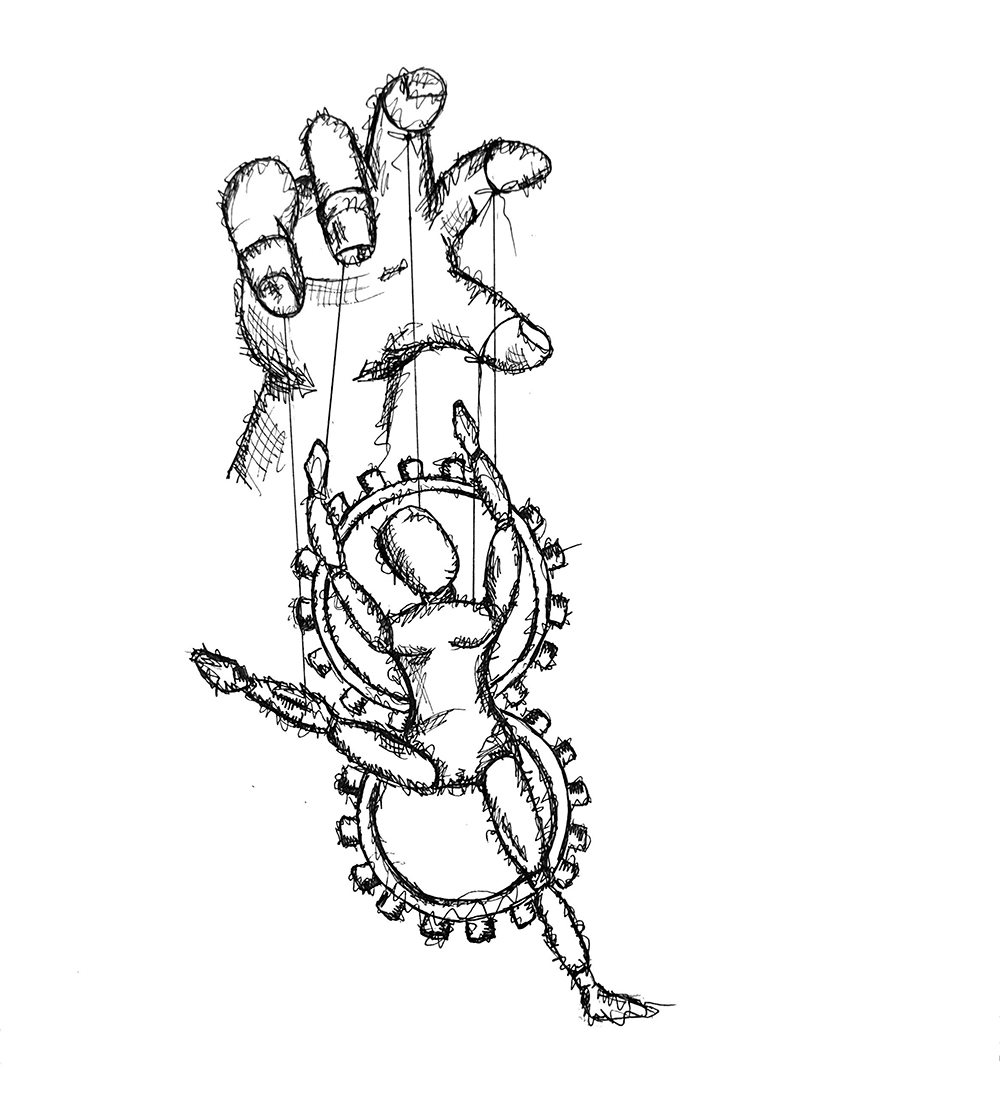THE INNER WORKINGS
OF COERCIVE CONTROL
Detection of coercive control
Coercive control refers to a series of repetitive strategies, some of which are violent and others not, whose cumulative effects must be analyzed in their broader context of dominance. It manifests through two mechanisms: coercion and control. Coercion encompasses any strategy used by the aggressor to obtain what they want immediately; the use of force or the threat of force are particularly effective strategies for this purpose (Stark, 2007: 228).
brief: coercive control involves repetitive strategies, whether violent or not in the eyes of others, aimed at obtaining what the aggressor desires. It manifests through coercion and control, using force or threat to achieve its goals.

Here are some questions to help you identify the presence of coercive behavior in your relationship:
- Does he drive dangerously when he’s angry with you?
- Does he tell you that you don’t need to worry about managing finances?
- Are you afraid of his reaction when you’re late?
- Does he accuse you of being a lesbian when you spend time with your friends?
- Does he insult you, ignore you, or try to manipulate you if you refuse to act according to his sexual desires?
- Does he force you to eat or exercise, or make you feel guilty for not doing so, in order to meet his appearance standards?
- Do you restrict your contacts with loved ones to avoid conflicts with your partner?
- Does your partner micromanage every aspect of your life: how you apply makeup, how you fold clothes… or other possible examples?
- Does he constantly correct you on what you say or do?
- Does he give you the silent treatment and expect you to figure out what you did wrong until you apologize?
- Does he communicate with you repeatedly as soon as you leave the house, claiming to be worried about you?
- Does he make promises, not keep them, and then pretend he never said that? Does he blame you for seeking problems where there are none?
- When you try to express your opinion on any subject, does he not respond, leave the room, or directly or indirectly mock you?
- Does he make you believe that the decision is yours, but in reality, if the decision doesn’t please him, you suffer the consequences or he makes you feel guilty, thus pushing you to change your choice?
- Does he threaten to harm himself or commit suicide if you ever end the relationship?
If any of these questions resonate with you and you’d like to discuss further, you can reach us by phone at 418-527-4682, Option 1.
Our services are free and confidential.
Our tool
Contact us via email at info@maisonhelenelacroix.com to obtain our awareness tool: The inner workings of control.
![Maquette_B[86] Maquette_B[86]](https://maisonhelenelacroix.com/wp-content/uploads/2024/04/Maquette_B86-scaled.jpg)

